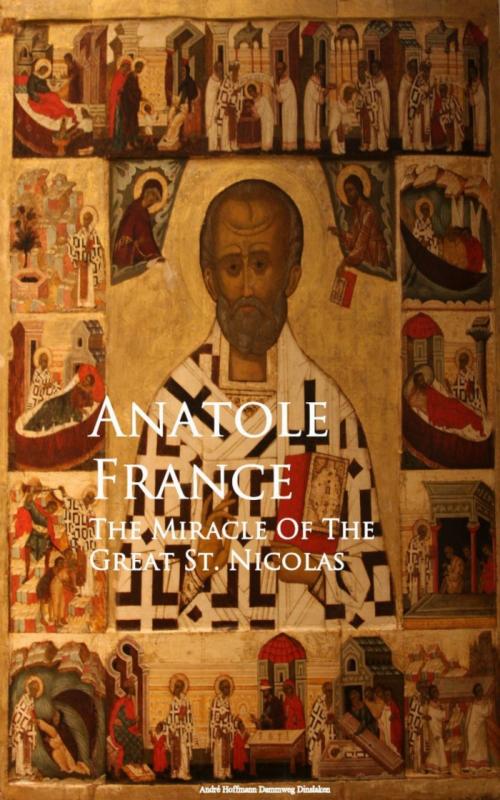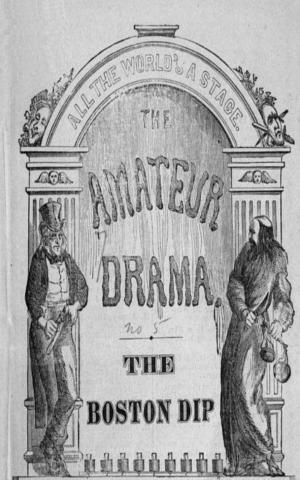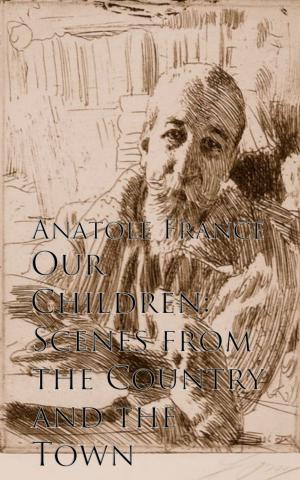| Author: | Anatole France | ISBN: | 9783736414723 |
| Publisher: | anboco | Publication: | September 9, 2016 |
| Imprint: | Language: | English |
| Author: | Anatole France |
| ISBN: | 9783736414723 |
| Publisher: | anboco |
| Publication: | September 9, 2016 |
| Imprint: | |
| Language: | English |
ST. NICOLAS, Bishop of Myra in Lycia, lived in the time of Constantine the Great. The most ancient and weighty of those authors who have mentioned him celebrate his virtues, his labours, and his worth: they give abundant proofs of his sanctity; but none of them records the miracle of the salting-tub. Nor is it mentioned in the Golden Legend. This silence is important: still one does not willingly consent to throw doubt upon a fact so widely known, which is attested by the ballad which all the world knows: "There were three little children In the fields they went to glean." This famous text expressly states that a cruel pork-butcher put the innocents "like pigs into the salting-vat." That is to say, he apparently preserved them, cut into pieces, in a bath of brine. This is, to be sure, how pork is cured: but one is surprised to read further on that the three little children remained seven years in pickle, whereas it is usual to begin withdrawing the pieces of flesh from the tub, with a wooden fork, at the end of about six weeks. The text is explicit: according to the elegy, it was seven years after the crime that St. Nicolas entered the accursed hostelry. He asked for supper. The landlord offered him a piece of ham...
ST. NICOLAS, Bishop of Myra in Lycia, lived in the time of Constantine the Great. The most ancient and weighty of those authors who have mentioned him celebrate his virtues, his labours, and his worth: they give abundant proofs of his sanctity; but none of them records the miracle of the salting-tub. Nor is it mentioned in the Golden Legend. This silence is important: still one does not willingly consent to throw doubt upon a fact so widely known, which is attested by the ballad which all the world knows: "There were three little children In the fields they went to glean." This famous text expressly states that a cruel pork-butcher put the innocents "like pigs into the salting-vat." That is to say, he apparently preserved them, cut into pieces, in a bath of brine. This is, to be sure, how pork is cured: but one is surprised to read further on that the three little children remained seven years in pickle, whereas it is usual to begin withdrawing the pieces of flesh from the tub, with a wooden fork, at the end of about six weeks. The text is explicit: according to the elegy, it was seven years after the crime that St. Nicolas entered the accursed hostelry. He asked for supper. The landlord offered him a piece of ham...















